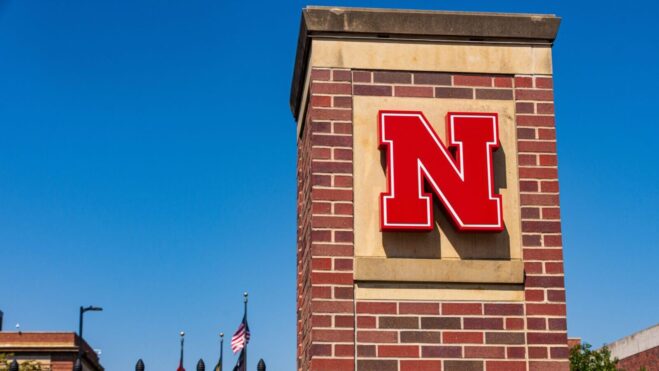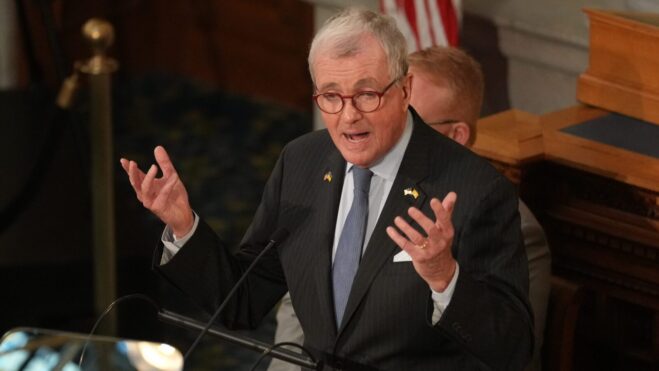Report: Michigan Begins Investigation Into Prediction Market Sports Offerings
State joins Massachusetts and Connecticut in examining the vertical without taking action (yet)
1 min

The Michigan Gaming Control Board is the latest state agency probing the activities of trading platforms, attempting to determine if their prediction market sports contract offerings are legal in the Wolverine State.
Multiple news outlets have reported the board is looking into the subject but has yet to send cease-and-desist letters have to any specific entity. To this point, four state agencies have sent out such letters: Nevada, New Jersey, Ohio, and Illinois.
As it currently stands, Michigan joins Massachusetts and Connecticut as states that are examining prediction market offerings but have yet to take any definitive legal action. Casino Reports reached out to the MGCB Monday morning to confirm the investigation, but MGCB representatives did not immediately reply.
Kalshi and Robinhood have been the parties most tied to any legal action regarding sports betting prediction markets, as they began offering contracts for the NCAA Tournament on March 17. As of press time, there had been $384 million worth of contracts traded heading into Monday night’s championship game between Florida and Houston.
Mansour offers thoughts
The man of the moment when it comes to prediction markets, Kalshi CEO Tarek Mansour, offered his thoughts on the litigation his company faces from states that have sent cease-and-desist letters.
In an interview with TechCrunch Senior Reporter Maxwell Zeff posted to YouTube on Friday, Mansour took a shot at the casino industry, saying Kalshi has received cease-and-desist letters because “there’s massive casino lobbyists unhappy about this.” He added that being regulated at the federal level by the Commodities Futures Trading Commission (CFTC) provides a pre-emption in which state laws do not apply — the argument Kalshi has used in filings for cases in Nevada and New Jersey.
When Zeff pressed Mansour as to whether Kalshi is opposed to getting sports betting licenses on a state level, Mansour reiterated Kalshi “is a financial exchange regulated by the CFTC” and added, “if the CFTC tells us, ‘Stop,’ we will absolutely stop, and if they don’t, then we won’t.”
Mansour further elaborated on the importance of the prediction market platforms, something he touched on in his LinkedIn post from March 30 in which he called them “quintessential truth machines.”
He cited the 1905 U.S. Supreme Court case of the Board of Trade v. Christie Grain & Stock Co., saying that while speculating was a form of gambling, the court back then realized there were other parts of trading such as risk management. Mansour said the prediction market, therefore, “has economic utility beyond the speculative activity. And that’s what makes it a financial instrument, not a gambling instrument.”






